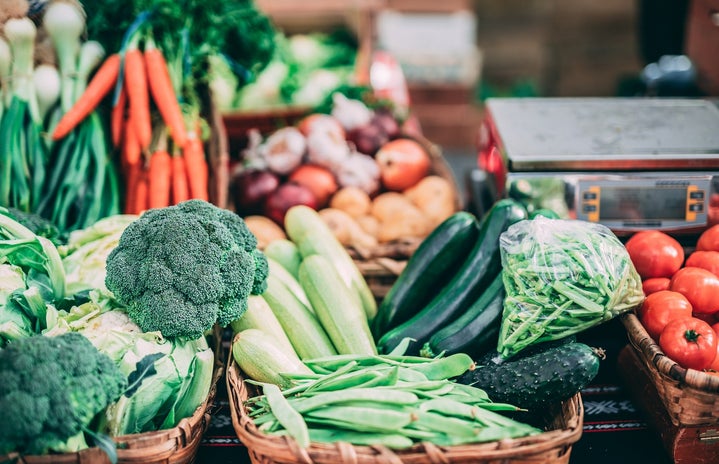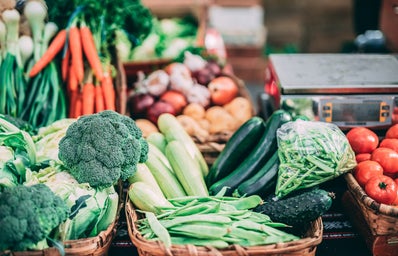Many people will immediately say no to cutting out meat. The idea of not having any more burgers, chicken tenders, or bacon sounds like far too much to give up. However, there are many compelling reasons to say no to meat for good, including benefits to the health of your body and to the health of the planet.
The first and most common reason to adopt a vegetarian diet is out of compassion for the animals. Animals that are raised to be eaten live under cruel conditions. There are few laws in place to protect farm animal welfare, despite them being intelligent creatures capable of feeling pain and suffering. A second moral reason to become vegetarian is for the health of the planet. Livestock and beef farming produce more greenhouse gasses than any other human related activity. On top of that, crops for cattle feed and grazing are responsible for almost 50% of deforestation each year. Meat production pollutes the air, soil, water supply, and the planet as a whole.
If the moral reasoning for going vegetarian is not persuasive enough, there are plenty of reasons to change your diet for the sake of your personal health. Processed meats and red meats are classified as group 1 and group 2A carcinogens, respectively. This means they cause cancer or are most likely cancer causing. Eating meat products is linked with a higher chance of heart disease, stroke, and obesity. While many people view meat as healthy because of its protein benefits, there are many other foods that can fulfill your protein needs without the negative effects.
The biggest concern over becoming vegetarian is about how to eat enough protein. However, people generally eat far over the recommended amount of protein per day. Vegetarians are capable of easily consuming enough grams of protein a day from foods like beans, legumes, nuts, green vegetables, and whole grains. These foods are far more sustainable to produce and more cost effective. They also ensure reaching protein goals without any of the excess cholesterol and fat.
Although being vegetarian is one of the most effective ways to benefit the planet and your bodily health, it can be a difficult transition. It is a struggle to start including a healthy variety of fruits and vegetables into every meal, especially for college students. However, you do not need to cut everything out all at once. Try being vegetarian for a few days out of the week, or for one meal each day. As you continue to exclude meat in more meals and try new vegetarian options, the transition will naturally occur. It may seem daunting at first, but being vegetarian can be truly rewarding.
Sources:


